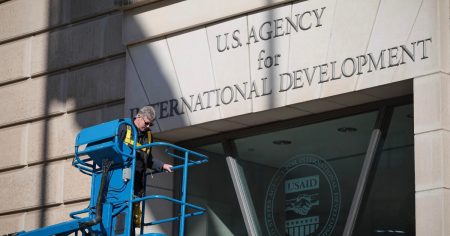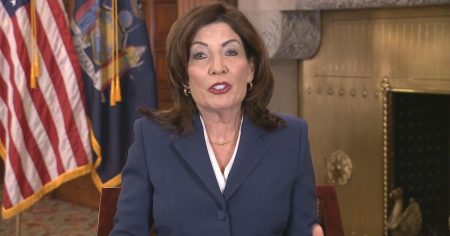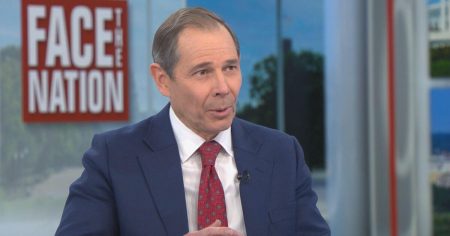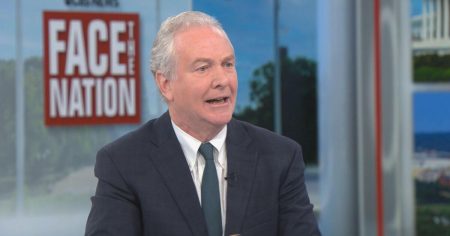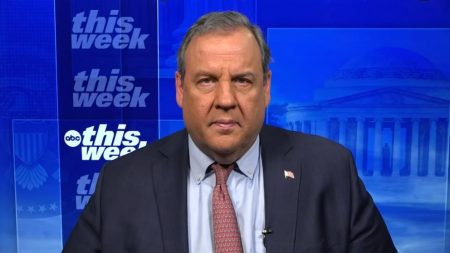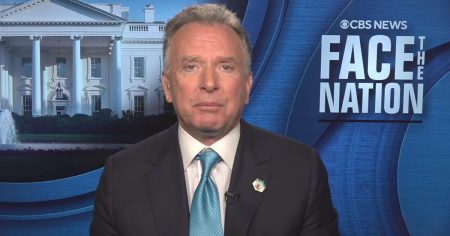Introduction
The Trump administration’s Department of Government Efficiency (DOGE), led by Elon Musk, has embarked on a mission to impose significant cuts across federal agencies. While Republican lawmakers express concerns about the impact on local jobs and industries, their criticism of Trump or Musk remains muted. This delicate situation underscores the tension between shrinking government and preserving local interests, as policymakers grapple with the human implications of these cuts.
Regional Concerns
In Alaska, Senator Lisa Murkowski has been actively engaging with constituents, hosting a town hall where over 1,000 participants voiced concerns about federal job cuts. These layoffs affect crucial services such as wildland fire preparedness and national park staffing. Murkowski emphasized the distressing abrupt terminations, forcing employees to reapply through a prolonged process, potentially disrupting park openings. Similarly, in Maine, Senator Susan Collins expressed worries about the impact on national parks and biomedical research, cautioning against indiscriminate layoffs.
Impact on Key Programs
The restructuring of USAID has prompted Kansas Senators Jerry Moran and Roger Marshall to advocate for the redistribution of stalled food aid, crucial for both humanitarian efforts and supporting local farmers. Marshall also proposed moving the Food for Peace program under the Department of Agriculture to streamline operations. Meanwhile, concerns about layoffs at the National Institute of Health highlight the potential hindrance to critical research, prompting calls for a more targeted approach to cost-cutting.
Support and Quiet Criticism
Despite concerns, most Republican lawmakers support DOGE’s mission. Senator Thom Tillis emphasized the necessity of such measures, despite the disruption, to drive efficiency. Similarly, Senator Markwayne Mullin highlighted the urgent need to address national debt, even if it means difficult choices. Their support, however, is tempered by worries about specific local impacts, illustrating a nuanced stance that balances fiscal responsibility with community needs.
Economic and Security Worrows
The broader implications of these cuts extend to economic stability and national security. Senator Rick Scottendorsed DOGE’s approach, drawing parallels to his own governance, emphasizing the need for constant budget reviews. However, the closure of the FAA training facility in Oklahoma has raised concerns about long-term repercussions for critical infrastructure, underscoring the delicate balance between cost-cutting and maintaining essential services.
Conclusion
The efforts of DOGE reflect a challenging balance between reducing government size and protecting local interests. While most Republicans support the mission, their concerns highlight the human impact of these cuts. As policymakers navigate this complex landscape, they must consider both fiscal responsibility and the real-world implications for communities and services. This nuanced approach is essential to ensure that efficiency measures do not undermine critical public functions or harm those they are intended to serve.







